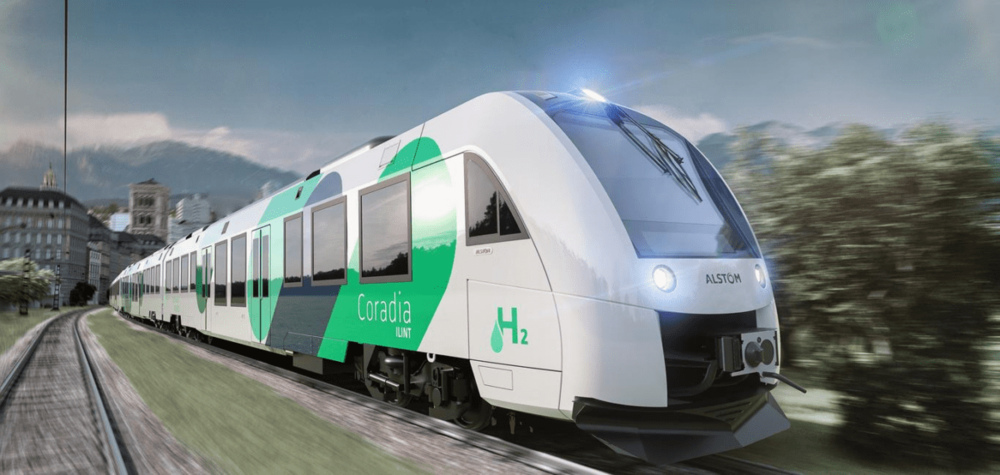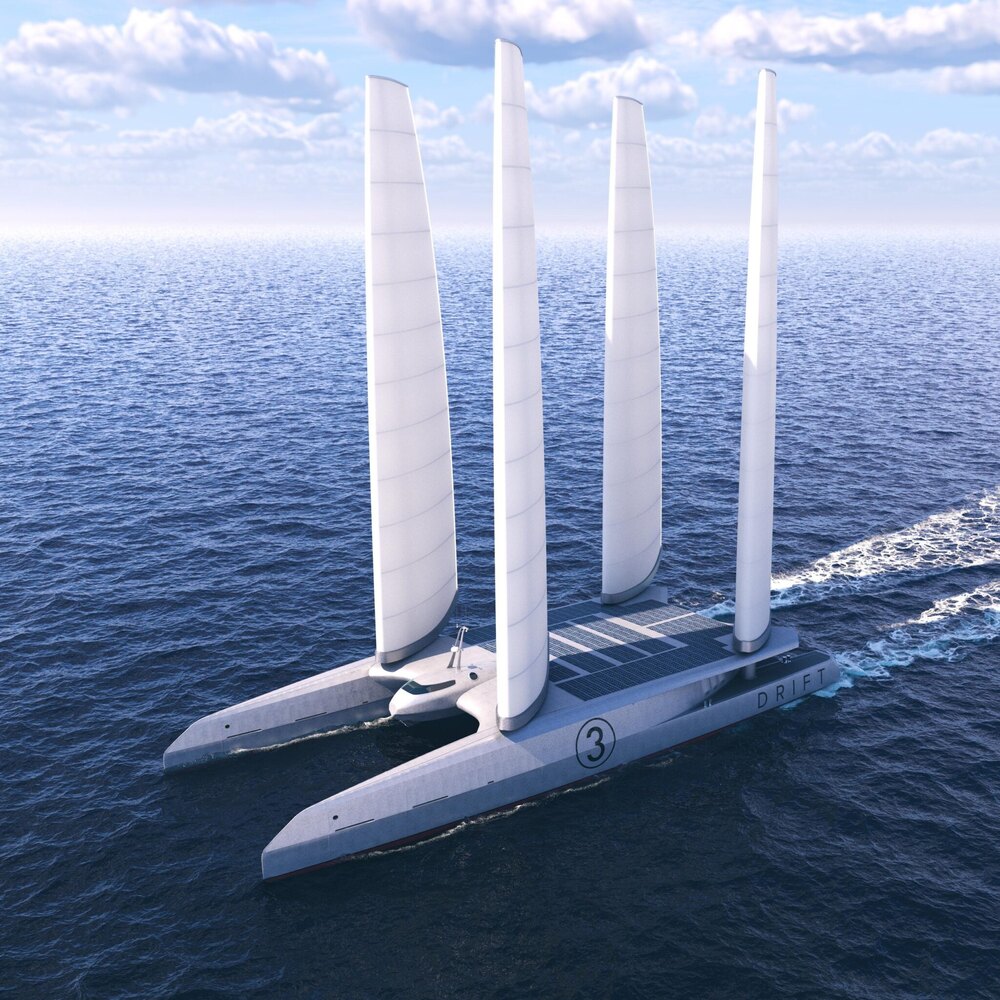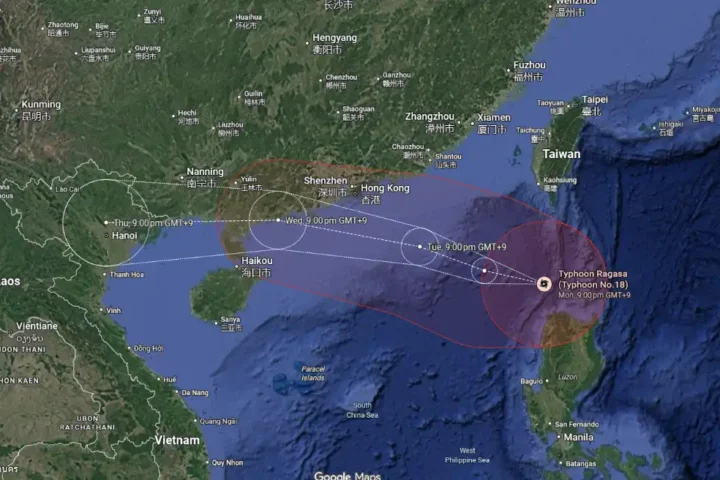In a groundbreaking venture, Saudi Arabia Railways (SAR) and Alstom, a global leader in smart and sustainable mobility, have unveiled the world’s first passenger hydrogen-powered train, the Coradia iLint, in Riyadh. This initiative not only marks a significant stride in sustainable transportation but also underscores the Kingdom’s dedication to exploring and implementing innovative solutions to reduce carbon emissions in alignment with the Vision 2030 targets set by its leadership.
A Sustainable Voyage Towards Vision 2030
The Coradia iLint, a marvel of modern engineering, is the world’s first passenger train powered by hydrogen fuel cells, providing a clean and efficient mode of transportation by generating electrical energy for propulsion. Notably, the train has demonstrated its efficiency by traveling 1,175 km without the need to refuel its hydrogen tanks. Emitting only water during operation, it stands as a testament to the potential of clean energy conversion, flexible energy storage, and intelligent management of traction power and available energy.
Mohamed Khalil, Managing Director of Alstom in Saudi Arabia, expressed, “This is a major steppingstone in co-developing hydrogen-powered train systems for operations suitable for and meeting the increasing capacity need of the Kingdom and SAR networks. We are committed to working with SAR in their drive to support the Kingdom’s engagements on clean energy and a net-zero target by 2060.”
The Coradia iLint: A Glimpse into the Future of Railways
The Coradia iLint is not merely a technological advancement but a symbol of the potential that hydrogen-powered trains hold in reducing carbon emissions and providing a viable alternative to diesel trains for non-electrified lines. The train, which last year traversed a remarkable 1,175 km without refueling its hydrogen tanks, is not only quiet but also ensures zero direct CO2 emissions during its operation.
Similar Posts
Strategic Partnerships and Sustainable Mobility
Dr. Bashar Al-Malik, CEO of Saudi Arabia Railways (SAR), emphasized the strategic importance of this initiative, stating, “SAR is fully committed to its essential national role, implementing game-changing initiatives in line with our strategic framework, closely aligned with the National Transport and Logistics Strategy (NTLS).” He further highlighted the hydrogen train as a pivotal innovation in sustainable transportation, noting its myriad of benefits and its positive impact across the environment, economy, and future generations.
Navigating the Challenges Ahead
While the introduction of the hydrogen-powered train in the Middle East and Africa is a commendable milestone, it also brings forth a set of challenges and questions regarding the scalability, infrastructure, and economic viability of such technologies in the larger context of the global railway network. The collaboration between SAR and Alstom, following the memorandum of understanding signed in September 2022, is a step towards developing or adapting hydrogen solutions to meet the Kingdom’s needs, yet the practicalities of widespread implementation remain to be explored.
Conclusion: Balancing Innovation and Practicality
The partnership between SAR and Alstom, and the demonstration of the Coradia iLint in Riyadh, is undeniably a significant leap towards sustainable mobility and carbon emission reduction in the Kingdom. However, the journey towards widespread adoption of hydrogen-powered trains will require a careful balance of innovation, practicality, and strategic planning, ensuring that the technology is not only environmentally sustainable but also economically and logistically viable.


















